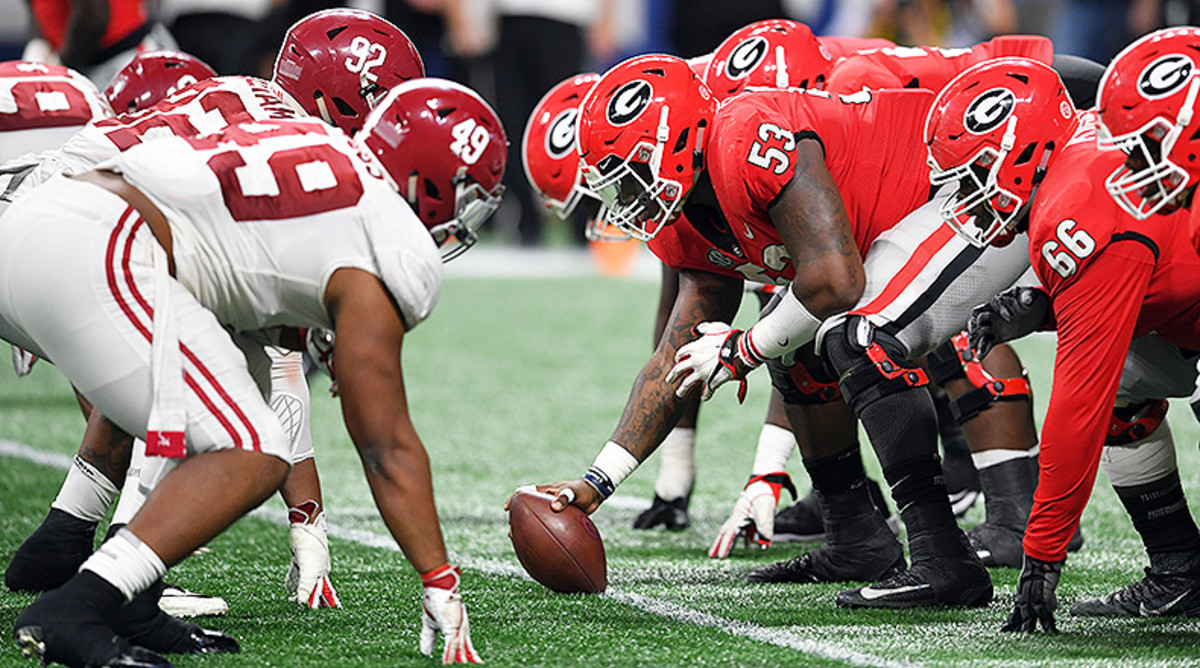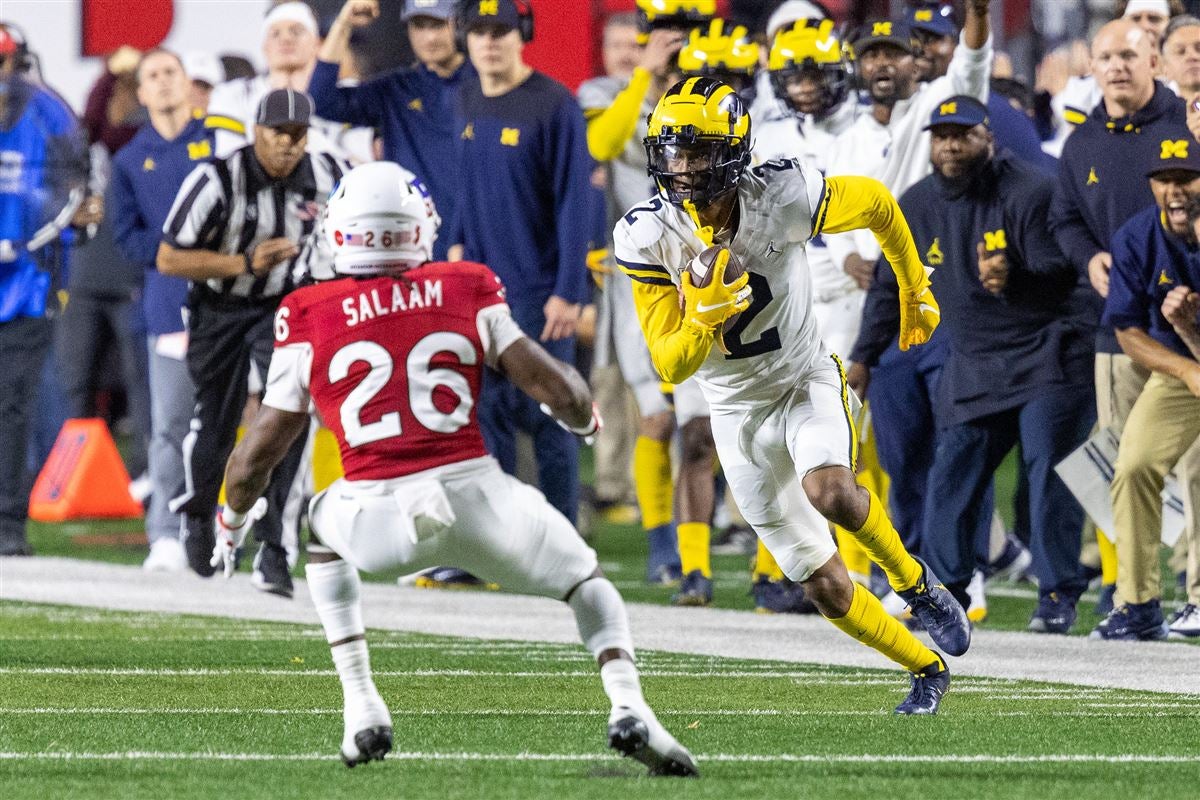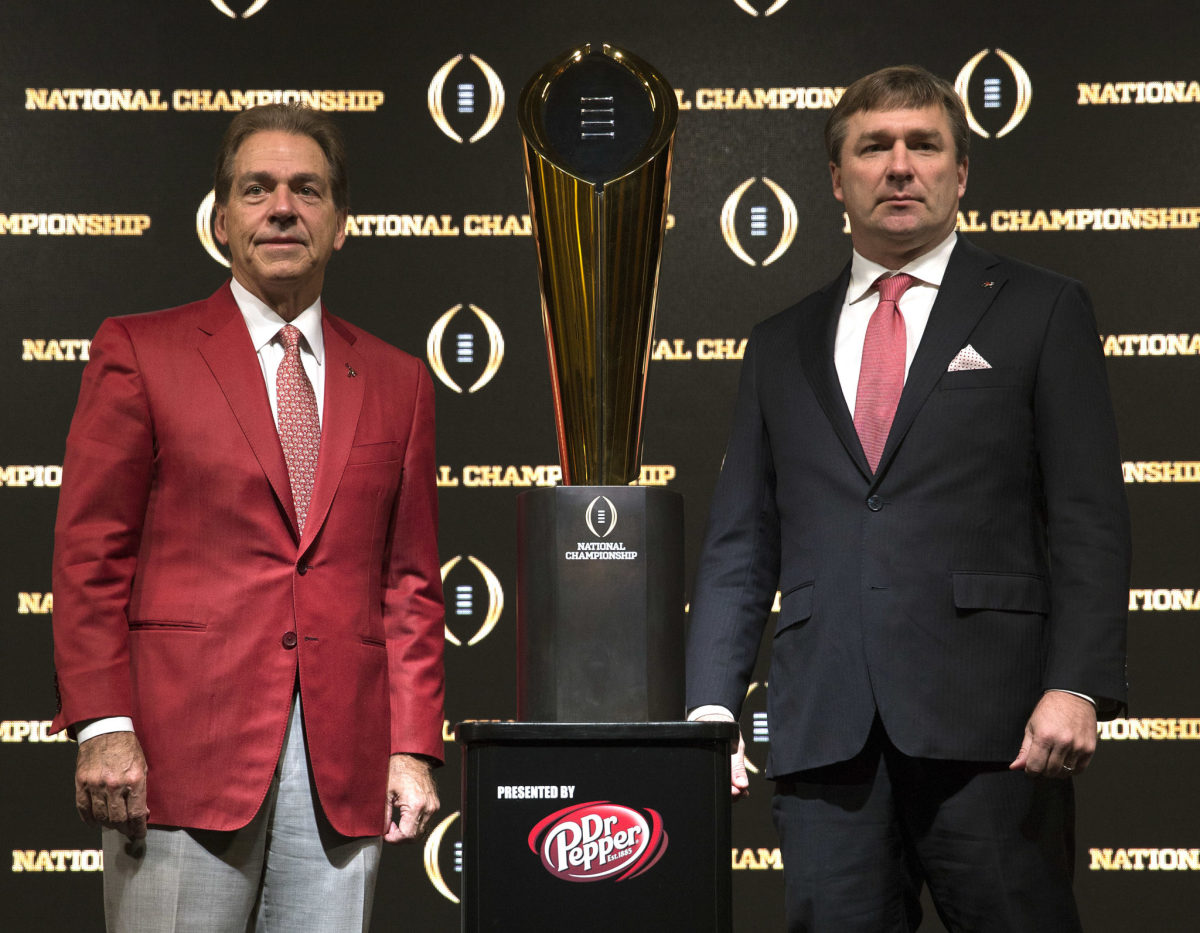Power Five Commissioners Meet with NCAA President to Discuss Possible Expansion of Men's Basketball Tournament

Power Five commissioners recently met with NCAA President Charlie Baker to discuss the possibility of expanding the NCAA men's basketball tournament. The commissioners expressed a desire for "more access" for teams to make it into the tournament as at-large schools. Currently, the tournament consists of 68 teams, including 32 automatic qualifying spots for non-power leagues.
The NCAA men's basketball tournament has not seen much expansion since 1985, when it expanded to 64 teams. The number increased to 65 in 2001 with the addition of a play-in game, and it reached the current number of 68 teams in 2011 with the introduction of the First Four.
There is a financial incentive for teams and conferences to advance in the tournament. As part of the tournament television deal with CBS and Turner, the NCAA distributes around $700 million annually to its schools based on their performance in the tournament. The major football conferences and the Big East typically earn the majority of the incentive units for wins in the tournament.
The commissioners believe that the 68 teams that make the tournament each year may not be the 68 best teams in the nation. There is concern about smaller-conference schools with poor nonconference records receiving bids over Power Five teams. However, there are still 36 at-large bids available outside of the 32 automatic bids, giving teams plenty of opportunities to prove themselves.
Despite the debate, the expansion of the tournament seems to be inevitable. The commissioners found NCAA President Baker to be understanding and receptive to their points. They have called for a holistic review of the tournament, considering its value and contribution. The question now is how exactly the expansion will look.
It is possible that this expansion could pave the way for an expansion of the women's tournament as well, as currently, the women's tournament remains at 64 teams. However, for now, the status quo will remain until at least 2024.



